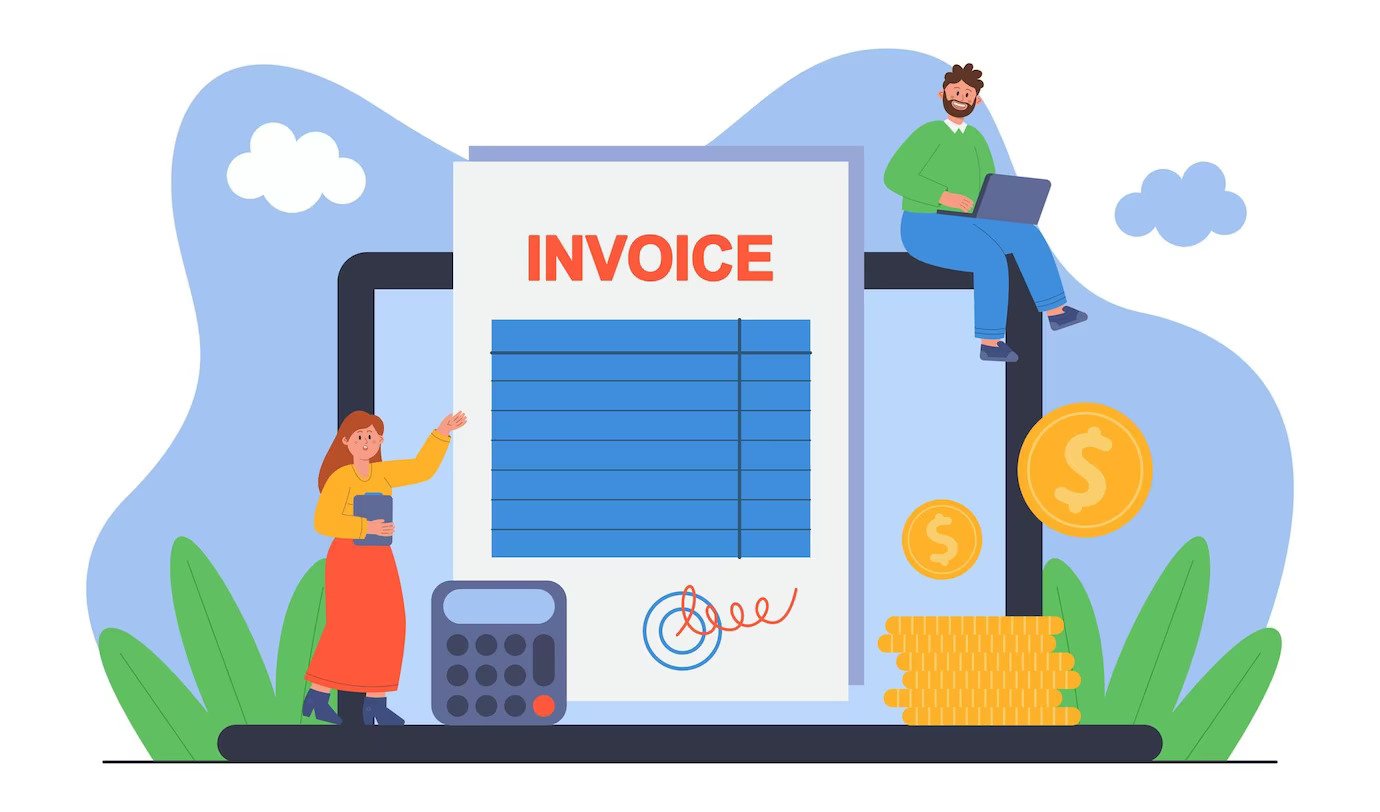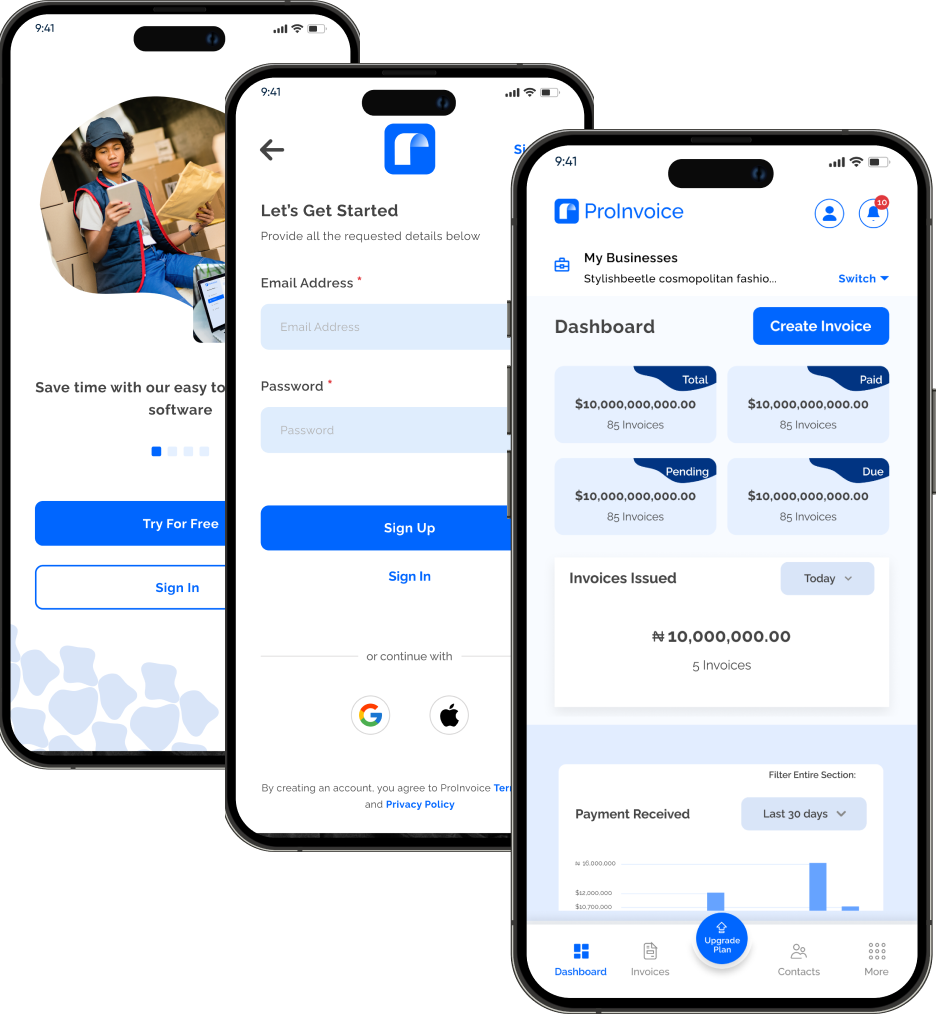You must have heard from many experts that as a beginner, you should not be afraid to work for free. Starting out as a freelancer is an exhilarating but often perplexing journey.
One of the earliest dilemmas that budding freelancers face is whether or not to offer their services for free.
This guide is designed to assist newcomers in making informed decisions about working for free.
It’s a nuanced decision, balancing the advantages of building a portfolio and establishing client relationships with the potential pitfalls of exploitation and financial strain.
When to Consider If You Should Work for Free
1. Building Your Portfolio and Gaining Experience
If you’re just starting out, consider working for free to develop your portfolio. It’s your calling card, showcasing your abilities and the range of your work.
By taking on projects that resonate with your interests and goals, you’re not only building a more extensive portfolio but also refining your skills.
Moreover, unpaid projects can act as a stepping stone, helping you break into your desired niche or industry.
These early projects demonstrate your competence and dedication, bolstering your credibility.
However, it’s vital to strike a balance, as excessive unpaid work could lead to financial challenges and dilute the value of your expertise.
2. Establishing Client Relationships and Networks
Freelancing is more than just delivering a product or service; it’s about forming relationships.
Working for free can help you cultivate your initial client connections and expand your professional network, potentially leading to paid opportunities in the future.
These early relationships can be pivotal, as satisfied clients may become your most vocal advocates, spreading the word about your skills and reliability.
3. Strategic Use of Unpaid Work
Should you choose to work for free, it’s essential to do so strategically. Seek out organizations, non-profits, or startups where your contributions can lead to paid work or offer significant exposure.
Establish clear boundaries and expectations to ensure that the collaboration is mutually beneficial. Clear communication is key to successful unpaid projects.
Discuss the scope of the work, project timelines, and the potential for future paid work.
Alternatives to Consider Before You Start Working for Free
i. Low-Cost Projects
An alternative to working entirely for free is to consider low-cost projects. These provide some compensation while allowing you to gain experience and build your portfolio.
Low-cost projects can also serve as a bridge to higher-paying opportunities.
As you gather more experience and build your portfolio, you can gradually increase your rates and transition from low-cost to well-paid projects, finding a balance that suits your financial needs.
ii. Bartering and Skill Exchange
Another option is skill exchange, a mutually beneficial arrangement where you trade your services for something of value to you.
For instance, you might exchange your design skills for professional photography, copy writing for marketing services, or any other trade that makes sense for both parties.
Skill exchanges can be an excellent way to gain valuable services without the need for monetary transactions.
They also allow you to expand your professional network and may lead to future paid collaborations.
iii. Volunteering for a Cause
Volunteering your skills for a cause you’re passionate about is a fulfilling way to work for free while contributing to something you believe in.
What volunteering does is provides a sense of purpose and can be an excellent addition to your portfolio, showcasing your commitment to social responsibility.
Moreover, it enables you to make a positive impact on your community or the causes you care about, which can be personally rewarding and fulfilling.
Building a Professional Profile To Showcase Your Experience
Showcasing Work Effectively
Once you’ve completed projects, it’s essential to showcase them effectively in your portfolio. Remember, deciding to work for free is one part of the process. Showcasing it to attract your target clients is another.
High-quality images and visual representations of your work are key to catching the eye of potential clients.
In your portfolio, don’t just showcase your work; tell a story. Explain the problem or opportunity you addressed, the strategies you employed, and the measurable results or outcomes.
Utilizing Testimonials and References
Now that you’ve completed that huge milestone which took your blood and sweat when you took up the challenge to work for free, do not forget to collect testimonials.
Testimonials and references from clients you’ve worked with, whether on paid or unpaid projects, are potent endorsements.
They serve as social proof of your skills and reliability, offering credibility to your portfolio.
Always seek feedback from clients you’ve collaborated with, and if they’re satisfied with your work, request their permission to use their comments as testimonials.
Developing Case Studies
Case studies are persuasive tools that provide an in-depth look into your approach and capabilities.
They outline the challenges you encountered, the solutions you implemented, and the tangible results you achieved.
Create detailed case studies for select projects in your portfolio, giving potential clients a comprehensive understanding of how you approach and solve challenges.
How Should You Price Your Services And Go About Negotiating Paid Projects
Determining Your Worth and Rates
Consider researching what others with same skill set and experience are charging. Establishing your worth as a freelancer is a vital step in your journey.
To determine your rates, assess your skills, experience, and the demand for your services.
Also, as you prepare to start getting clients and onboarding them, it is worth noting that a good invoicing process is also necessary to manage the process. In this regard, ProInvoice, an efficient invoicing software can help.
Effective Negotiation Strategies
The key to successful negotiation is to approach it professionally and collaboratively. Listen to your client’s requirements and be ready to offer creative solutions.
Remember, the key here is to be able to prove that you are the solution to the implementation or execution of the solutions that will help them hit their goals.
Continuous Learning and Skill Development
In the world of freelancing, continuous learning is essential. Industries evolve, technologies advance, and clients’ needs change.
You can’t sit back and relax because as they say, change is the only constant thing in nature. You need to be abreast of latest threats and trends and know how to navigate them.
Strategies For Positioning Your Services Using Networking and Marketing
- Online Presence and Social Media
Establishing a strong online presence is crucial for freelancers. A professional website that showcases your work, skills, and contact information is often the first point of contact for potential clients.
- Networking Strategies
Approach networking with an open mind, and focus on establishing genuine connections. Networking isn’t just about what others can do for you, but also what you can contribute to the community.
- Leveraging Word-of-Mouth Referrals
Word-of-mouth referrals are exceptionally powerful in the world of freelancing. Satisfied clients who have experienced the value of your work can become your most vocal advocates. So, be careful how you treat your clients.
How To Protect Your Work and Rights
- Contracts and Agreements
Contracts and agreements are fundamental for both paid and unpaid projects. They outline the scope of work, project timelines, payment terms, and intellectual property rights.
Before signing any contract ensure you lots of attention to the above listed items to avoid misunderstanding.
- Handling Disputes and Non-Payment
In the case of conflicts, approach the situation professionally and in line with the terms outlined in your contract.
Document all communication related to the project, as this documentation can be crucial in resolving disputes.
Should disputes escalate, you may need to consider seeking mediation or legal assistance. Be prepared to assert your rights and protect your work and your financial interests.
Conclusion
In the world of freelancing, making informed decisions is vital, especially when you take that decision to work for free to build your profile.
By evaluating the benefits, considering alternatives, and implementing the best practices outlined in this guide, newcomers can embark on a rewarding freelancing career that ensures their rights are protected and their skills are justly compensated.
Freelancing is a journey, and this guide aims to help beginners steer their paths wisely.












